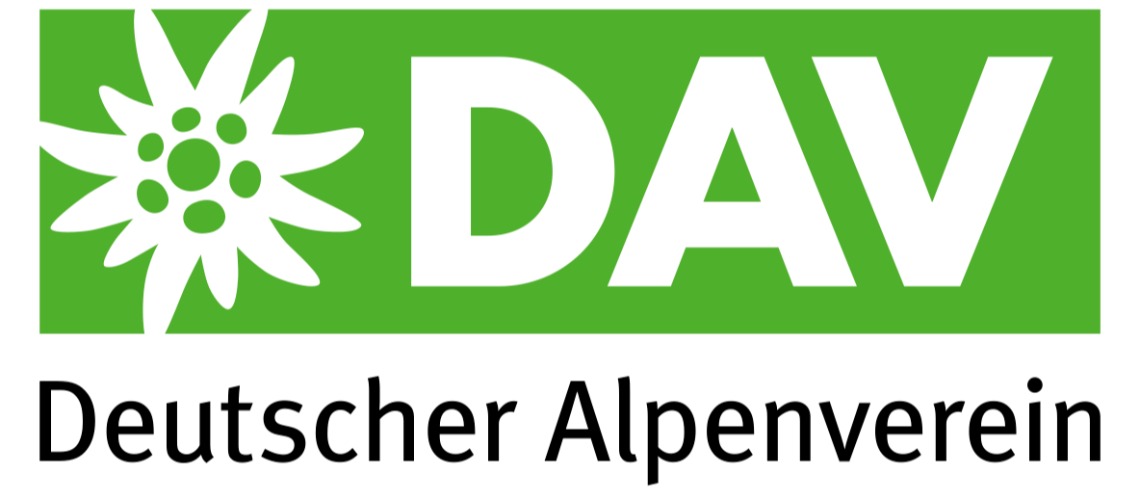German Alpine Association Calls For Change Of Course In Lift Funding

The German Alpine Association (DAV) is disappointed by the Bavarian State Parliament's decision on the Third Modernization Act.
Despite massive criticism from environmental, nature conservation, and Alpine associations, the law was passed – with far-reaching consequences for Bavaria's alpine natural environment. With a view to the upcoming revision of the 2026 Cable Car Funding Guidelines, the DAV is demanding that the modernization of ski resorts be linked much more closely to robust sustainability criteria.
"We regret this decision, but accept the democratic process," explains DAV Vice President Wolfgang Arnoldt. "It is now all the more important that the Bavarian state government draws the right lessons from the upcoming revision of the cable car funding guidelines and finally aligns funding policy with the future and sustainability."
At a rally on July 22nd at Marienplatz in Munich, Wolfgang Arnoldt and the DAV, together with the alliance "Save the Mountains - No Regression in Alpine Protection," once again loudly criticized the alleged reduction in bureaucracy at the expense of nature.
Criticism of the law – doubts about its conformity with EU law
The German Alpine Club (DAV) sees the raising of the thresholds for environmental impact assessments (EIAs) as particularly problematic, as proposed by the new law. This would exempt a large portion of all projects involving ski slopes, ski lifts, and snowmaking systems from the EIA requirement—posing significant risks to nature and the environment.
The DAV points to a legal assessment by the German Environmental Impact Assessment Society, according to which these changes are highly likely to violate EU law. In a report, the Environmental Impact Assessment Society emphasizes that while EU member states have some leeway in setting thresholds, this must not lead to "the majority of all projects of a certain type being exempt from the EIA requirement from the outset." This is precisely what is to be expected with the Bavarian regulations.
A recent example from the neighboring country shows that this objection is justified:
The European Commission has warned Austria for failing to correctly implement the EU Environmental Impact Assessment Directive. Brussels is particularly critical of the lack of assessments of cumulative impacts, as well as site and size criteria. If Austria fails to make corrections within two months, it faces legal action before the European Court of Justice.
Cable car funding guidelines must be rethought
In light of the climate crisis, the German Alpine Club (DAV) is calling for ski resort modernizations funded by public funds to be more closely tied to robust sustainability criteria. The Jennerbahn cable car in Berchtesgadener Land provides a cautionary example: Despite extensive public funding, ski operations were discontinued just a few years after the modernization – it was deemed economically unviable.
Eight key demands for sustainable cable car funding
In anticipation of the upcoming revision of the 2026 cable car funding guidelines, the German Alpine Club (DAV), together with the German Nature Conservation Association (Bund Naturschutz), CIPRA, the Bavarian Forest Association (LBV), Mountain Wilderness, POW, and the Association for the Protection of the Mountain World, have published a paper of demands. The associations call for a fundamental reorientation of funding in the interests of climate and nature conservation.
Key demands for the 2026 Cable Car Funding Guideline:
• No funding for snowmaking systems
• Mandatory public transport connections as a funding requirement (at least hourly service)
• No funding for parking lot construction
• No support for adventure productions or event catering
• Removal of the obligation for year-round operation
• Promote renovation instead of expansion
• Transparency and public control in the allocation of funding
• Ecologically sustainable, regional overall concept as a funding basis
“The new edition of the 2026 cable car funding guidelines is an opportunity for a new beginning – in harmony with nature, the climate and the local people,” emphasises DAV Vice President Wolfgang Arnoldt.
More here














